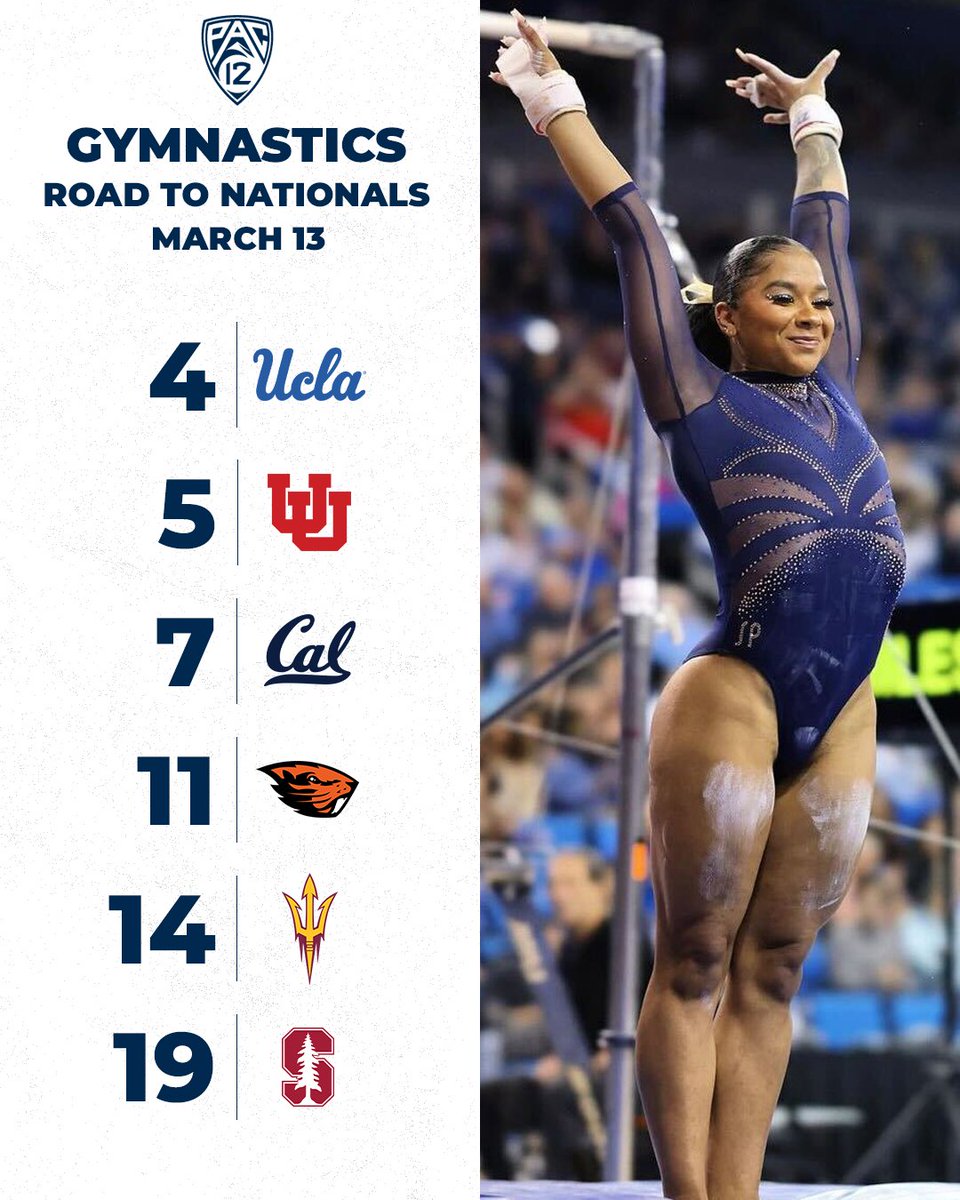5 Essential Tips for Road to Nationals Gymnastics Success

The road to Nationals in gymnastics is a rigorous journey that demands dedication, precision, and resilience. Whether you’re a gymnast, coach, or parent, understanding the key components of success is crucial. Below are five essential tips to help gymnasts excel on their path to Nationals, backed by expert insights, practical strategies, and real-world examples.
1. Master the Mental Game: Build Resilience and Focus
"Gymnastics is 90% mental and 10% physical," says Olympic coach Valeri Liukin. "The ability to perform under pressure is what separates good gymnasts from great ones."
The mental aspect of gymnastics cannot be overstated. Nationals is a high-pressure environment, and gymnasts must develop mental toughness to handle stress, setbacks, and competition anxiety. Here’s how:
- Visualization Techniques: Practice visualizing routines in detail, imagining every movement, landing, and emotion. Studies show that visualization activates the same neural pathways as actual performance, enhancing muscle memory and confidence.
- Goal Setting: Break down long-term goals (e.g., qualifying for Nationals) into smaller, achievable milestones. This fosters a sense of progress and motivation.
- Mindfulness and Breathing Exercises: Incorporate mindfulness practices to stay present during routines. Deep breathing reduces cortisol levels, helping gymnasts stay calm under pressure.
Practical Application: Use apps like Headspace or Calm to integrate mindfulness into daily training routines.
2. Prioritize Injury Prevention and Recovery
Pro: Consistent training leads to skill mastery.
Con: Overuse injuries can derail Nationals dreams.
Gymnastics is a high-impact sport, and injuries are a significant risk. To stay on track for Nationals:
- Strength and Conditioning: Incorporate targeted strength training to build muscle resilience and prevent common injuries like wrist strains or ankle sprains.
- Rest and Recovery: Prioritize sleep (8-10 hours per night) and active recovery techniques like foam rolling or yoga.
- Listen to Your Body: Ignore the “no pain, no gain” mantra. Persistent pain is a red flag—address it immediately with a sports medicine professional.
Case Study: Simone Biles’ withdrawal from the 2020 Olympics due to mental health concerns highlights the importance of prioritizing well-being over competition.
3. Perfect Technique Through Repetition and Feedback
Steps to Technical Mastery:
- Video Analysis: Record routines and review them with a coach to identify areas for improvement.
- Drill Specific Skills: Break down complex skills into smaller components and practice them repeatedly.
- Seek Constructive Feedback: Regularly consult coaches and peers for objective critiques.
Technical precision is non-negotiable in gymnastics. Judges at Nationals scrutinize every detail, from hand placement to body alignment. Consistent feedback and repetition are key to refining skills.
Data Point: A study in the Journal of Sports Sciences found that gymnasts who received regular feedback improved their performance scores by 15% over six months.
4. Develop a Strategic Competition Plan
A well-thought-out competition strategy can maximize performance and minimize errors.
Competing at Nationals requires more than just physical readiness. Gymnasts should:
- Simulate Competition Conditions: Practice routines in a mock competition setting to acclimate to pressure.
- Know the Code of Points: Understand the scoring system inside and out to maximize difficulty and execution scores.
- Plan for Unexpected Challenges: Prepare contingency plans for equipment malfunctions, injuries, or last-minute changes.
Scenario-Based Example: If a gymnast falls during a routine, they should have a mental script to quickly regroup and complete the remaining skills with confidence.
5. Foster a Supportive Team Environment
"Team chemistry can make or break a gymnast’s performance," notes Mary Lee Tracy, renowned gymnastics coach.
Gymnastics may be an individual sport, but the support of teammates, coaches, and family is invaluable. A positive team environment fosters motivation, accountability, and camaraderie.
- Open Communication: Encourage gymnasts to express concerns or challenges openly with coaches and teammates.
- Celebrate Team Successes: Recognize achievements collectively to build morale and unity.
- Mentorship Programs: Pair younger gymnasts with seasoned competitors for guidance and inspiration.
Historical Context: The 1996 U.S. Women’s Gymnastics Team, known as the “Magnificent Seven,” credited their gold medal win to their unbreakable team bond.
FAQ Section
How many hours should a gymnast train weekly to prepare for Nationals?
+Elite gymnasts typically train 20-30 hours per week, but quality of training is more important than quantity. Focus on skill refinement, strength, and recovery.
What role does nutrition play in gymnastics performance?
+Proper nutrition fuels energy levels and aids recovery. Gymnasts should consume a balanced diet rich in lean proteins, complex carbs, healthy fats, and hydration.
How can parents support gymnasts without adding pressure?
+Focus on encouragement rather than outcomes. Attend practices and meets, celebrate effort, and provide emotional support without critiquing performance.
What are the most common mistakes gymnasts make before Nationals?
+Over-training, neglecting recovery, and psyching themselves out with negative self-talk are common pitfalls. Balance is key.
Conclusion: The Journey to Nationals is a Marathon, Not a Sprint
Success at Nationals is the culmination of years of hard work, strategic planning, and unwavering dedication. By mastering the mental game, prioritizing health, perfecting technique, developing a competition strategy, and fostering team support, gymnasts can position themselves for greatness. Remember, the road to Nationals is as much about personal growth as it is about achieving results. Embrace the journey, celebrate progress, and let your passion for gymnastics shine.



